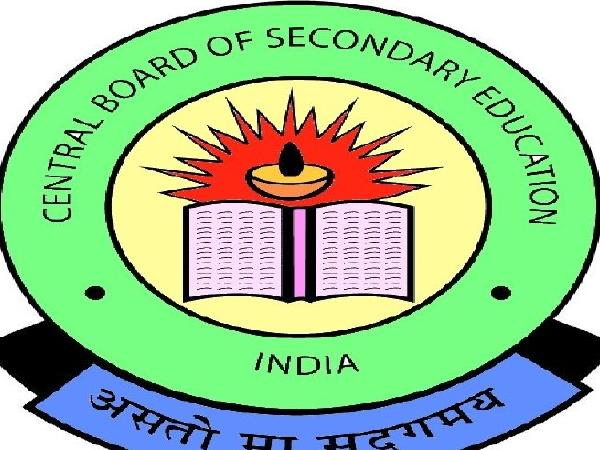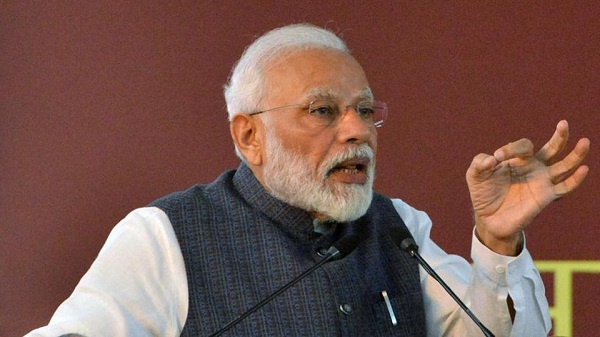The 20th General Body (GB) meeting of the National Institute of Open Schooling (NIOS) was held here on Thursday. The meeting deliberated on the issues related to developing a strategy plan for up-scaling school education starting from the primary level to the senior secondary level. The general body meeting was presided over by Union Minister for Human Resource Development (HRD) Kapil Sibal as president of the Society and co-chaired by Minister of State for HRD D. Purandeswari. Sibal, while endorsing the road map of NIOS expressed his desire that the NIOS should emerge as a model distance learning institution with emphasis on catering to the contemporary needs of the country which has targeted to achieve 500 million skilled people by 2020. The NIOS also should have its focused activities to serve the educational needs of the disadvantaged groups as well. D. Purandeswari suggested that NIOS needs to rise from its ivory tower and emerge as a credible institution in the field of open learning. Though open schooling has limited functions in the context of supporting Right to Education (RTE), the general body resolved the following in the context of RTE and RMSA (Rashtriya Madhyamik Shiksha Abhiyan) as supplementary support to the school education system: 1.) In the context of RMSA, open schooling system to augment gross enrolment ratio (GER) at secondary level by 15% (about 12 million) through setting up and promotion of open schools in the states; 2.) Developing quality parameters for open schooling courses and making them relevant for livelihood; 3.) Development of relaxed and flexible accreditation norms to develop the network of open schooling in inaccessible and hard to reach areas and also for informal sectors; 4.) Creating learning materials for the out of school children to admit the children at the age appropriate level thereby supplementing the efforts of formal school system at the elementary level; 5.) Enhancing professional and academic qualifications of in-service untrained teachers at elementary level by offering distance mode training/ academic courses and thereby meeting the requirement of RTE; 6.) Revisiting of Open Basic Education (OBE) courses making it relevant as per the NCF 2005; 7.) Developing tailor made courses for the disadvantaged children, more specifically physically challenged children (about 1 million) who would be mostly out of school, for facilitating their learning and thereby taking them to the formal education stream; 8.) Establishing linkages between vocational training and academic courses for value addition to the qualifications earned by youth to enhance their employability; 9.) Developing programmes on basic education and equivalency programmes with integrating vocational training for the neo-literates to support Sakshar Bharat programme of the government of India. The general body also discussed the road map developed by NIOS for Vocational Education and Training and strategy for integration of same with academic courses. The GB resolved the following: 1.) Launching of vocational stream courses at senior secondary level for developing a career path for the youth, who otherwise cannot have access to higher education system; 2.) Developing a need based vocational courses for skill development on the priority sectors through Public Private Partnership (PPP) strategy; 3.) Developing competency based modular courses for skill training with the provision of credit accumulation and transfer; 4.) Up-scaling specially designed skill development programmes like “Hunar” for the disadvantaged groups in the states for meeting the livelihood requirement of the youths; 5.) Developing a frame work for Recognition of Prior Learning (RPL) to certify the skills acquired by the in-formal means of training; 6.) Developing web based training modules with e-content and Open Educational Resources (OER) in the courses to priority service sectors; 7.) Augmenting the use of infrastructure available in the formal education system in a collaborative and network model for meeting the skill training requirement in the country; 8.) Undertaking training of vocational teachers and developing courses on life skill.





















